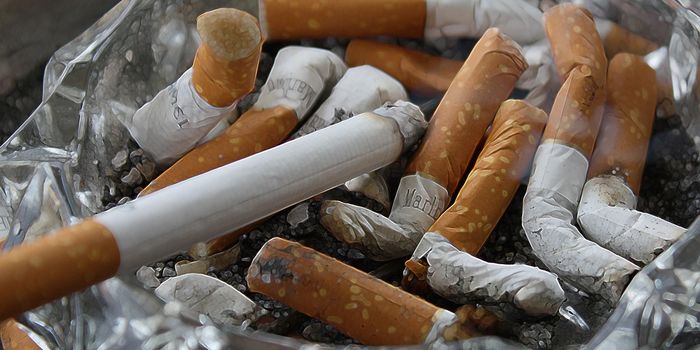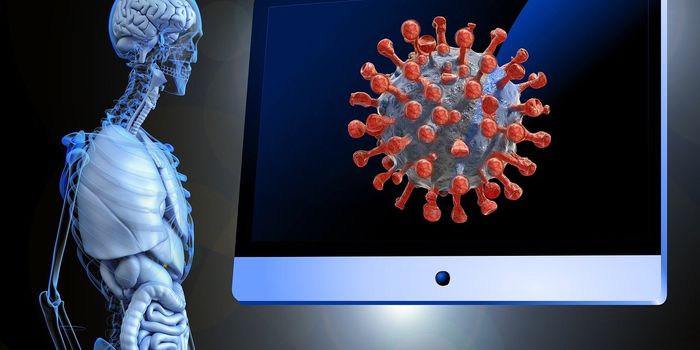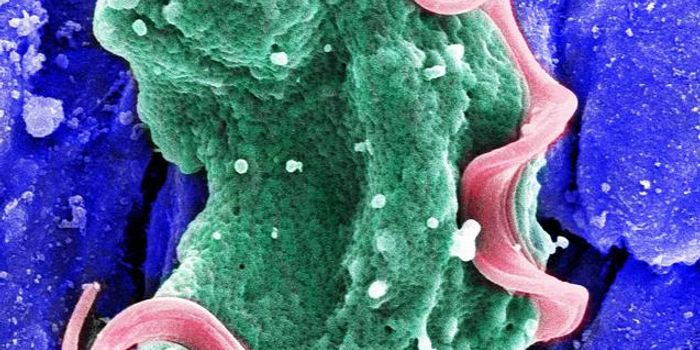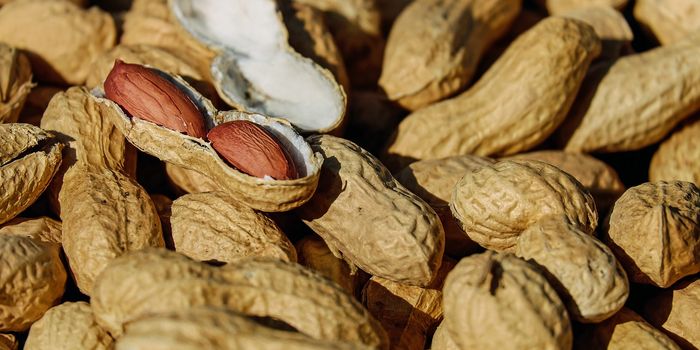COVID Vaccines Protect Breastfeeding Babies Too
Good news for families of newborns: A new study shows that breastfeeding mothers who receive a COVID vaccine share protective antibodies with their babies via breast milk for at least three months after the shot.
“Our study showed a huge boost in antibodies against the COVID-19 virus in breast milk starting two weeks after the first shot, and this response was sustained for the course of our study, which was almost three months long,” said study author Jeannie Kelly from Washington University in St. Louis.
According to Kelly, at the end of the study, antibody levels were still high, indicating that the protection likely extends for even longer.
The pilot study included a cohort of five breastfeeding mothers who received both doses of the Pfizer-BioNTech COVID-19 vaccine. The women provided weekly frozen breast milk samples from before they got vaccinated, to 80 days after the shot. The researchers analyzed the samples for the presence of immunoglobulins IgA and IgG, antibodies in breast milk that are known to coat the babies’ mouths and throats, protecting them from infections.
Kelly and team found that IgA and IgGs in breast milk spiked immediately after the first vaccine shot and continued to rise to immune-significant levels in around two weeks after the first vaccination in all the study participants.
“Our study is limited by a small number of participants, but the findings provide encouraging news about the potential immune benefit to breastfeeding infants after vaccination,” commented senior author Misty Good.
“Our paper is the first that has shown COVID-19 antibodies persist in breast milk for months following the mother’s vaccination.”
Kelly says that a growing amount of evidence in the field is helping physicians provide new mothers with data-driven advice on how to protect themselves and their babies during the pandemic.
“This is information we didn’t have a few months ago and it’s really helping us better counsel our patients who are considering getting the vaccine. I’m telling my pregnant and breastfeeding moms that I strongly recommend that they get vaccinated as soon as possible.”
Sources: Washington University in St. Louis, American Journal of Obstetrics and Gynecology.









